Puppy fear periods can be confusing for any pet parent. A young dog usually starts off pretty confident, but as they start to learn and navigate, they can begin having puppy fear. A puppy fear period can occur in any puppy and dog owners should not fret if their puppy begins being suddenly scared.
There’s a lot of new things for puppies to experience as they grow up – new people, places, and things to smell and explore. One thing that can be quite confusing (and sometimes scary) for puppies is the fear period.
| HOW TO HELP A SCARED DOG |
| HELPING A DOG WHO IS AFRAID OF THE VET |
| IS YOUR DOG AGGRESSIVE OR AFRAID? |
| THE GREAT DANE PUPPY FEARFUL AGES |
| SIGNS OF STRESS |
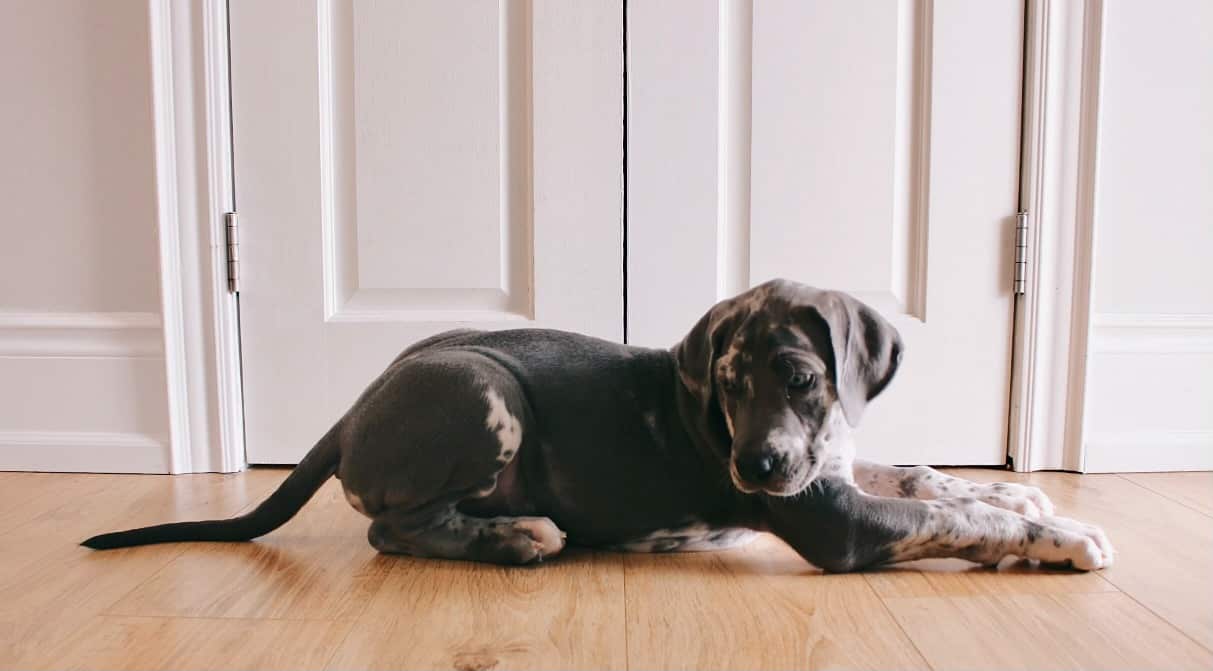
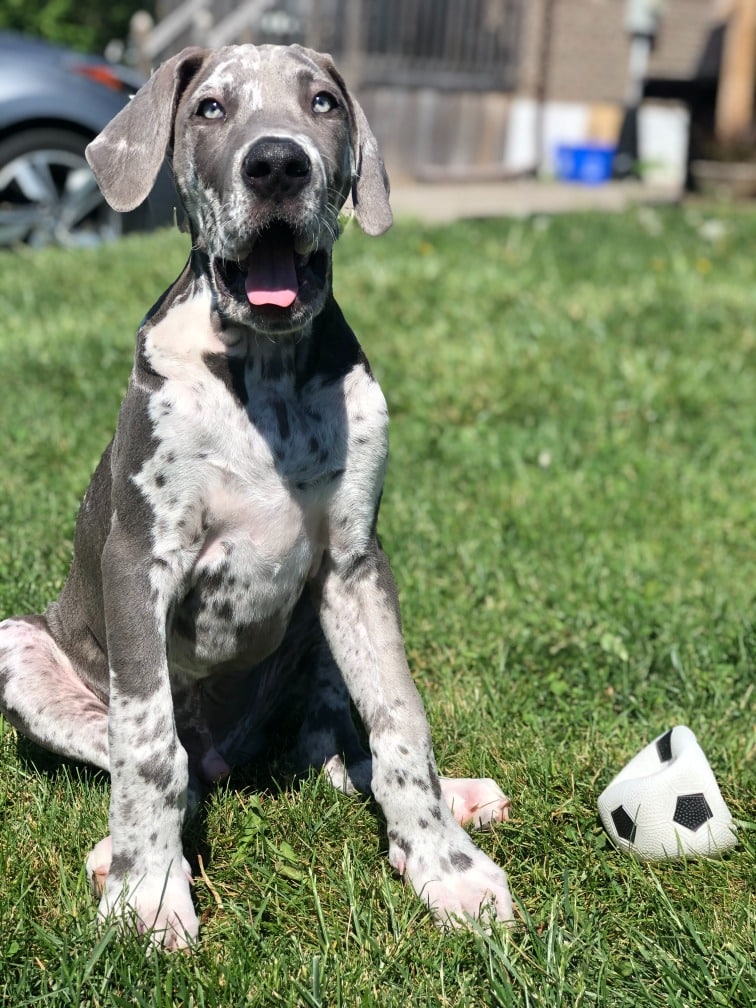
This is a time when your puppy may seem to have a bit of an attitude change – becoming more fearful or anxious than usual. In this blog post, we will discuss what puppy fear periods are, when you can expect them, and how you can help your puppy through them!
What are puppy fear periods?
Fear periods in dogs occur during different parts of a dog’s life. Puppy fear stages usually occur in puppy development in adolescent dogs who are between the ages of six and 14 months old.
There are three different types of puppy fear periods:
- Neonatal: This is the first fear period and usually occurs between two and four weeks of age. At this stage, puppies are still adjusting to life outside of the womb and may be fearful of loud noises or sudden movements.
- Transitional: The transitional fear period usually occurs between four and eight weeks of age. During this time, puppies are becoming more independent and may start to experience separation anxiety when away from their mother or littermates.
- Juvenile: The juvenile fear period is the last stage and typically occurs between four and 14 months old. This is when puppies are going through adolescence and may be fearful of new people, animals, or experiences.
What causes puppy fear periods?
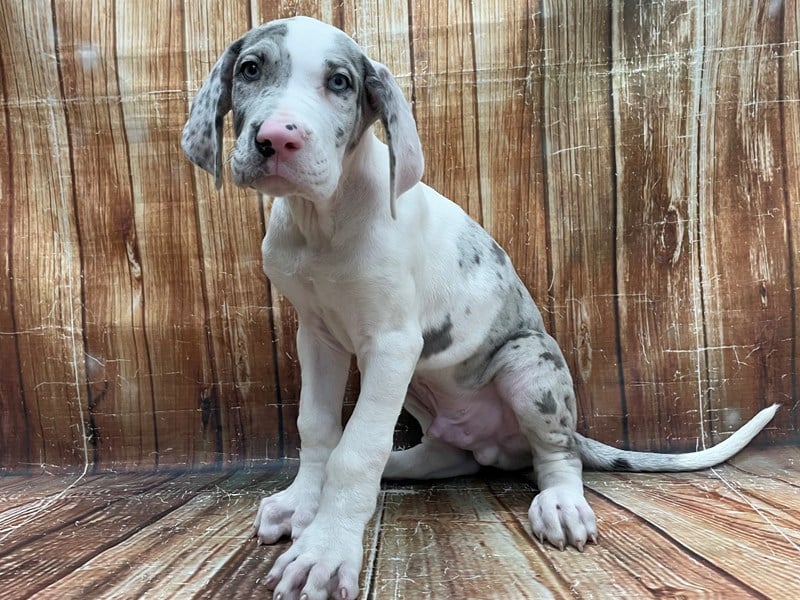
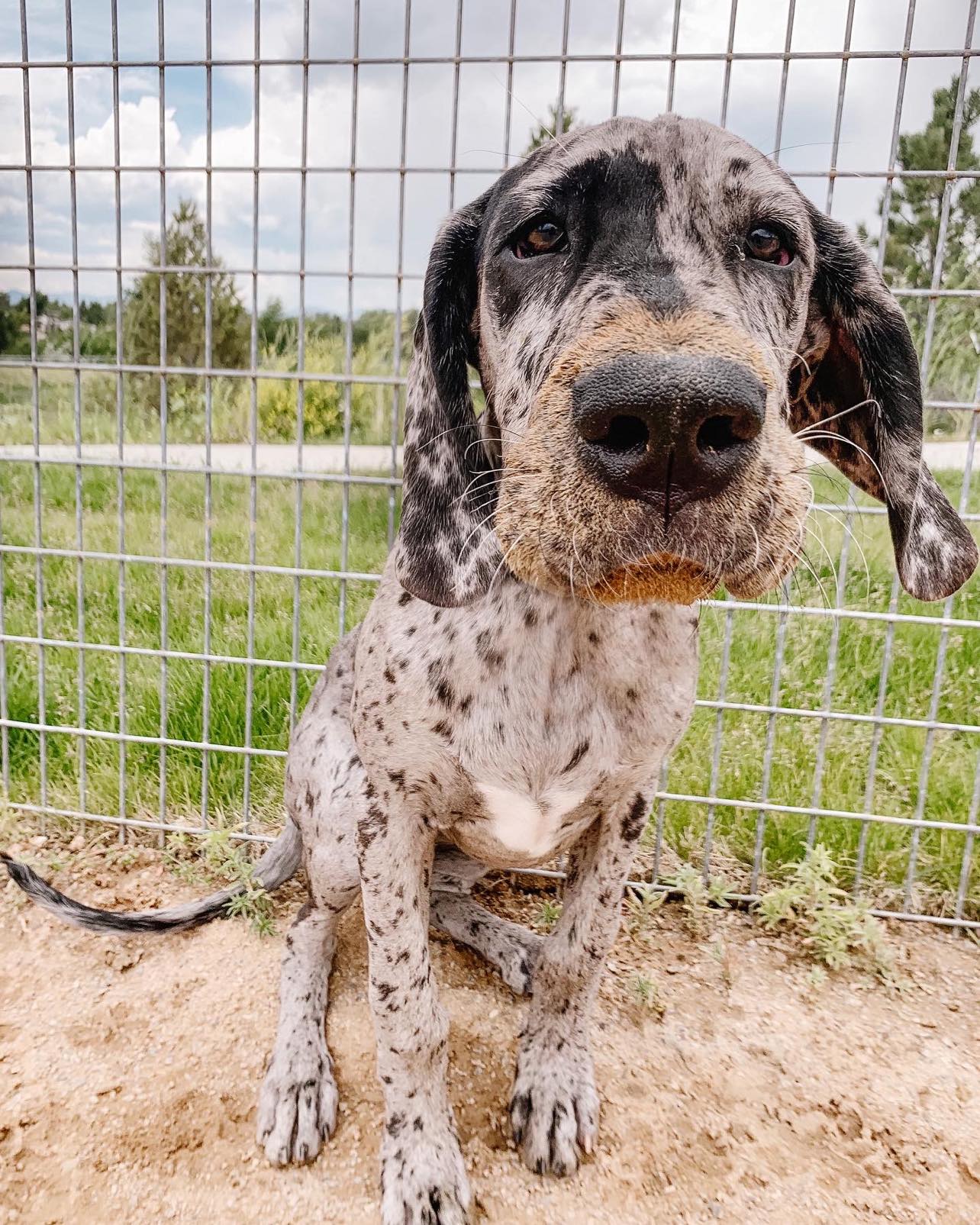
There is no one answer to this question as each puppy is different. The puppy fear stages are completely normal and sometimes have a sudden onset with sudden behavioral changes.
Many experts believe that the cause of fear periods in dogs is due to a combination of genetics and environment. For example, if a puppy’s parents were fearful of certain things, the puppy may be more likely to experience fear during their own fear periods. Contrastingly, some experts state that sometimes a puppy fear period coincides with a single scary event that can shape future behaviors in a dog.
Similarly, if a puppy is not exposed to different people, places, and experiences during their socialization period (between three and 16 weeks old), they may be more likely to experience fear during their juvenile fear period. This is sometimes called the fear imprint period.
What are the signs of a fear period?
There are a few different signs that you may notice if your puppy is going through a fear period:
- Hiding or cowering when around new people, animals, or experiences
- Shaking or trembling
- Barking or whining
- Attempting to flee or escape
- Freezing in place
- Ears flattening against the head (READ MORE)
- Tail tucking
- Panting or drooling
READ MORE ABOUT THE SIGNS AND SIGNALS OF A STRESSED DOG
IS MY DOG BEING AGGRESSIVE OR ARE THEY JUST PLAYING?
What are the most common things that puppies are afraid of?
Throughout a dog’s life fear stages can cause most puppies to have unusual or unexplained fears. Dog behavior can sometimes feel unpredictable, however pet parents can be aware of puppy fear stages before they begin in order to help their young dogs overcome their anxiety before the fear period occurs.
Some common things that dogs are afraid of are:
- Veterinarian visits –READ MORE
- Vacuum cleaner
- Other dogs
- Other people
- Young kids or small kids – READ MORE
- Loud noises
- Car rides- READ MORE
When should I be concerned about my puppy’s fear?
If your puppy is displaying any of the above signs and it is causing them distress, you should be proactive about increased positive socialization. Working hard to create positive associations with training sessions and early socialization can minimize fearful behaviors and increase positive behaviors.
Your veterinarian or a qualified trainer will be able to rule out any medical causes for the fear and may recommend a behavior modification plan or dog training classes to help your dog create positive experiences at their own pace.
Should you ignore an anxious dog?


Sometimes, dogs will exhibit fear one time. For example, if the vacuum cleaner falls in the kitchen and comes close to your puppy, the dog shows a startle and runs away.
This is a flight instinct and when your dog acts afraid, they are not actually demonstrating anxiety but rather a very normal reaction to having something loud and large fall in front of them.
In this instance, a completely healthy reaction from pet parents would be to walk past the puppy or dog and ignore the reaction. This teaches your dog that the loud and ‘scary’ vacuum cleaner falling in front of them actually is not a big deal.
If you, instead, quickly pick up your puppy and coddle them, you are providing positive reinforcement or positive association with their fear. In turn, this will likely increase their fearful behaviors around the vacuum cleaner in the future.
What can I do to help my puppy during a fear period?
There are many things that you can do to help your puppy during a fear stage.
- Provide increased positive socialization opportunities: During this time, it is especially important to provide your puppy with increased positive socialization opportunities. This means exposing them to as many new people, places, and experiences as possible in a slow and controlled manner.
- Use positive reinforcement: Reward your puppy with praise, treats, or petting when they display brave or confident behaviors around the things they are afraid of.
- Avoid punishment: It is important to avoid punishing your puppy for being afraid as this will only make them more anxious and increase their fear. Practice force free behavior modification by using positive reinforcement to help your puppy learn new behaviors.
- Be patient: It is important to be patient with your puppy and understand that they are going through a normal and natural process. Fear periods usually only last for a few weeks and with proper socialization, most puppies will outgrow their fears. If you have any concerns about
- Make sure they have plenty of exercise: A tired puppy is a good puppy. Making sure that your puppy gets plenty of exercise will help to tire them out both mentally and physically.

How long do puppy fear periods last?


Young dogs typically have two fear periods: one at around eight to ten weeks old and another at six to seven months old. The first fear period is often considered a ‘mini’ fear period and may not be as intense as the second.
The second fear period is often more pronounced and can last for several weeks. After the puppy goes through the second fear period, they will typically start to become less afraid of things and more confident in themselves.
Puppy fear periods usually only last for a few weeks but can occasionally last up to several months. Puppy owners can tackle fear behaviors by helping their dogs with confidence building tasks and socialization.
What should I do if my puppy is afraid of something?
If your puppy is afraid of something, the best thing you can do is to take advantage of the critical period with your adolescent dog and practice excellent puppy socialization.
Tips to practicing puppy socialization with an adolescent dog:
- Make crate training fun: Dogs typically love their crates and see them as their own personal space, but only when puppy owners practice with positive training sessions.
- Start with short car rides: A lot of dogs are afraid of car rides, so it is important to start slowly. Try taking your dog for short car rides around the block at first and gradually work up to longer car trips.
- Visit different places: It is important to expose your adolescent dog to different types of places like the groomer, the vet, and different types of parks.
- Enroll in a puppy class: A great way to socialize your adolescent dog is by enrolling them in a puppy class. This will help them become accustomed to being around other dogs and people.
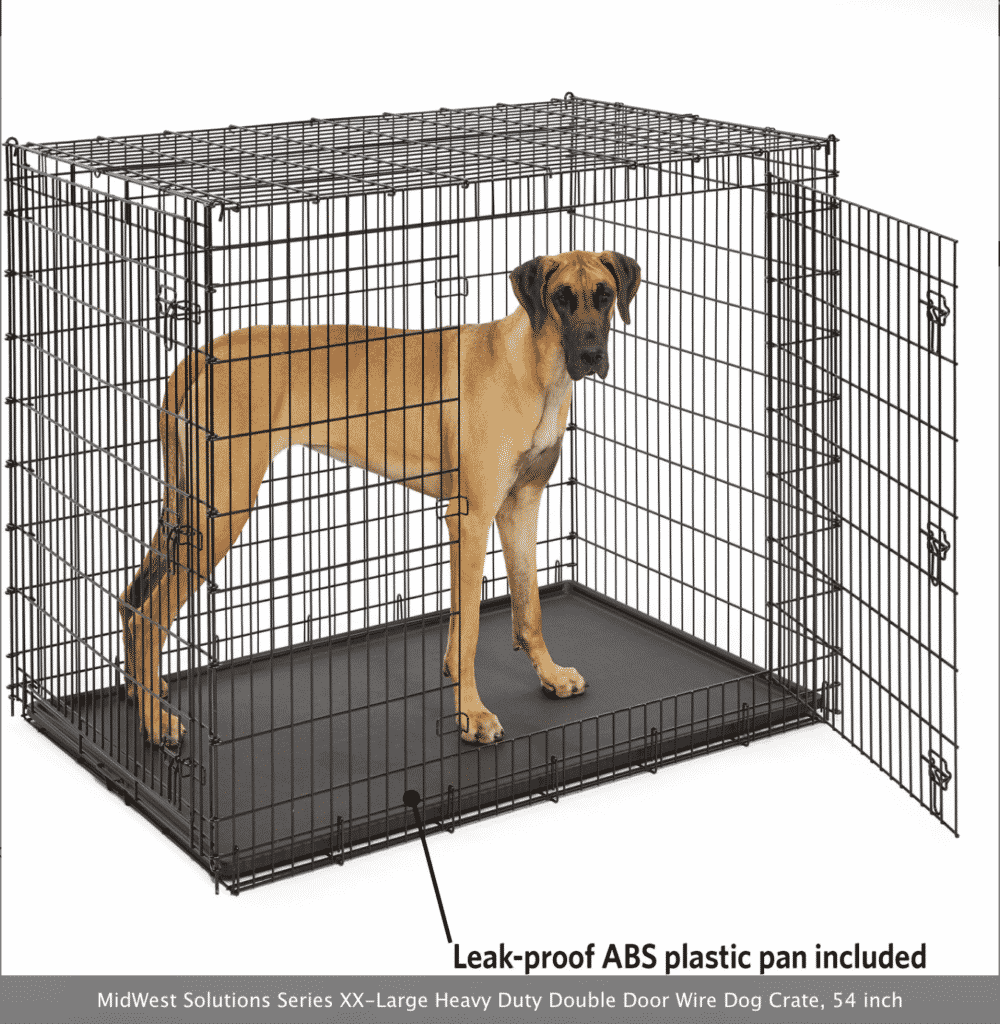
How to crate train a Great Dane: click here
What are the long-term effects of a fear period?
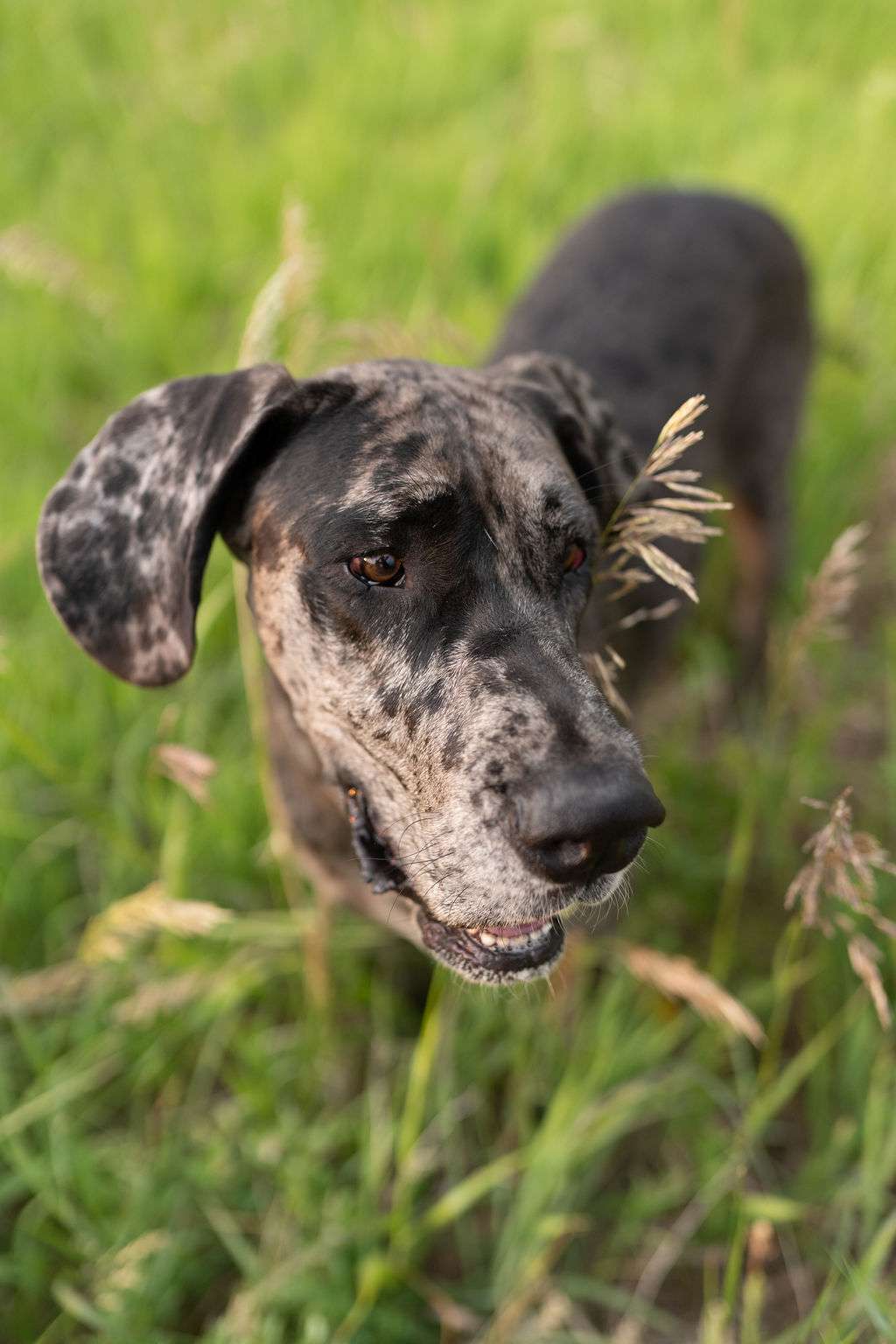
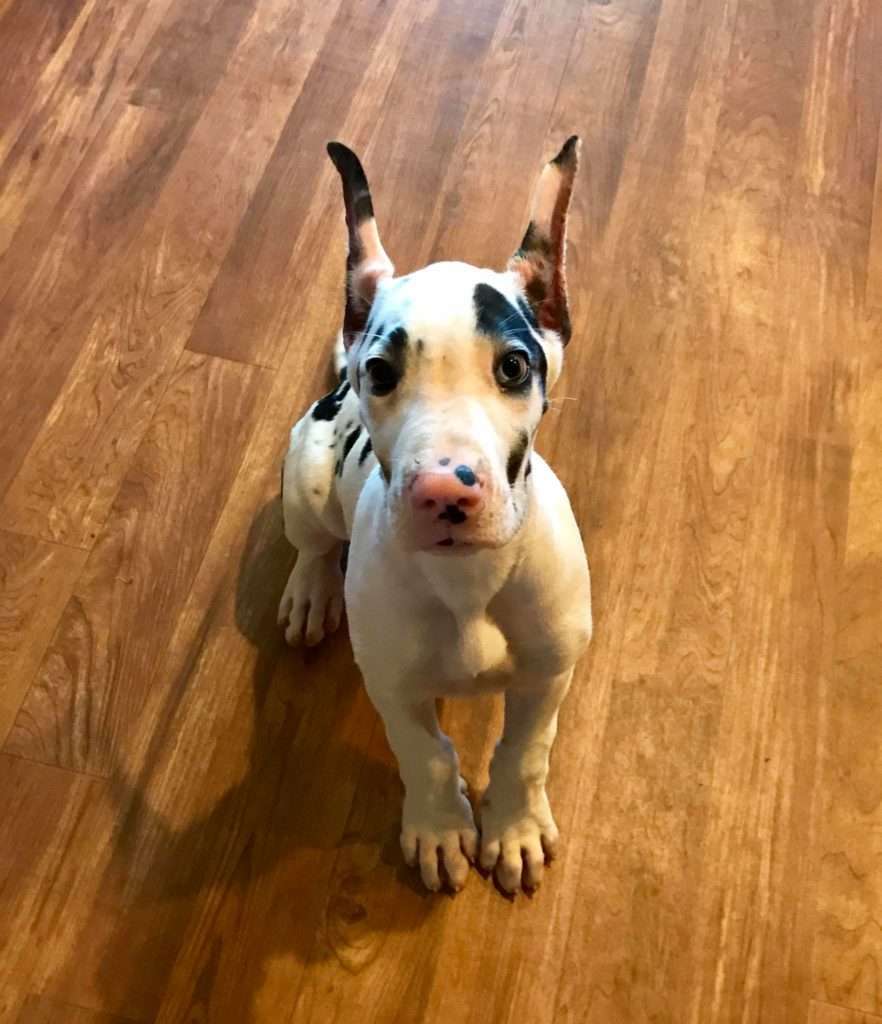
The long-term effects of a fear period are typically not serious and most puppies will outgrow their fears with proper socialization. However, if not properly managed, a puppy’s fear can become more entrenched and turn into anxiety or phobias later in life.

Can a puppy fear stage be prevented?
Most dogs will experience some sort of puppy fear stage throughout their life. Dogs are born into a world with many new sights, sounds, and smells that can be overwhelming for them.
The best way to prevent a puppy fear stage is by socializing your puppy early on. This means exposing them to as many new people, places, and experiences as possible in a slow and controlled manner.
Puppy owners can also help their dog by never putting them in a position where they are forced to do things that the dog is uncomfortable with. To force interaction on a dog can create sudden onset of anxiety in the dog, which could have unnecesary implications later.
What age do dogs have fear periods?
Typically, a puppy might start their real, first fear period around the age of eight to ten weeks old. The second fear period usually begins around six to seven months old. The second fear period is the fear period that dog owners will typically notice more in puppy development.
However, it’s important to keep in mind that every dog is different and some might start their fear periods earlier or later than others. It all depends on the individual dog and their experiences.
Do dogs go through a second fear stage?
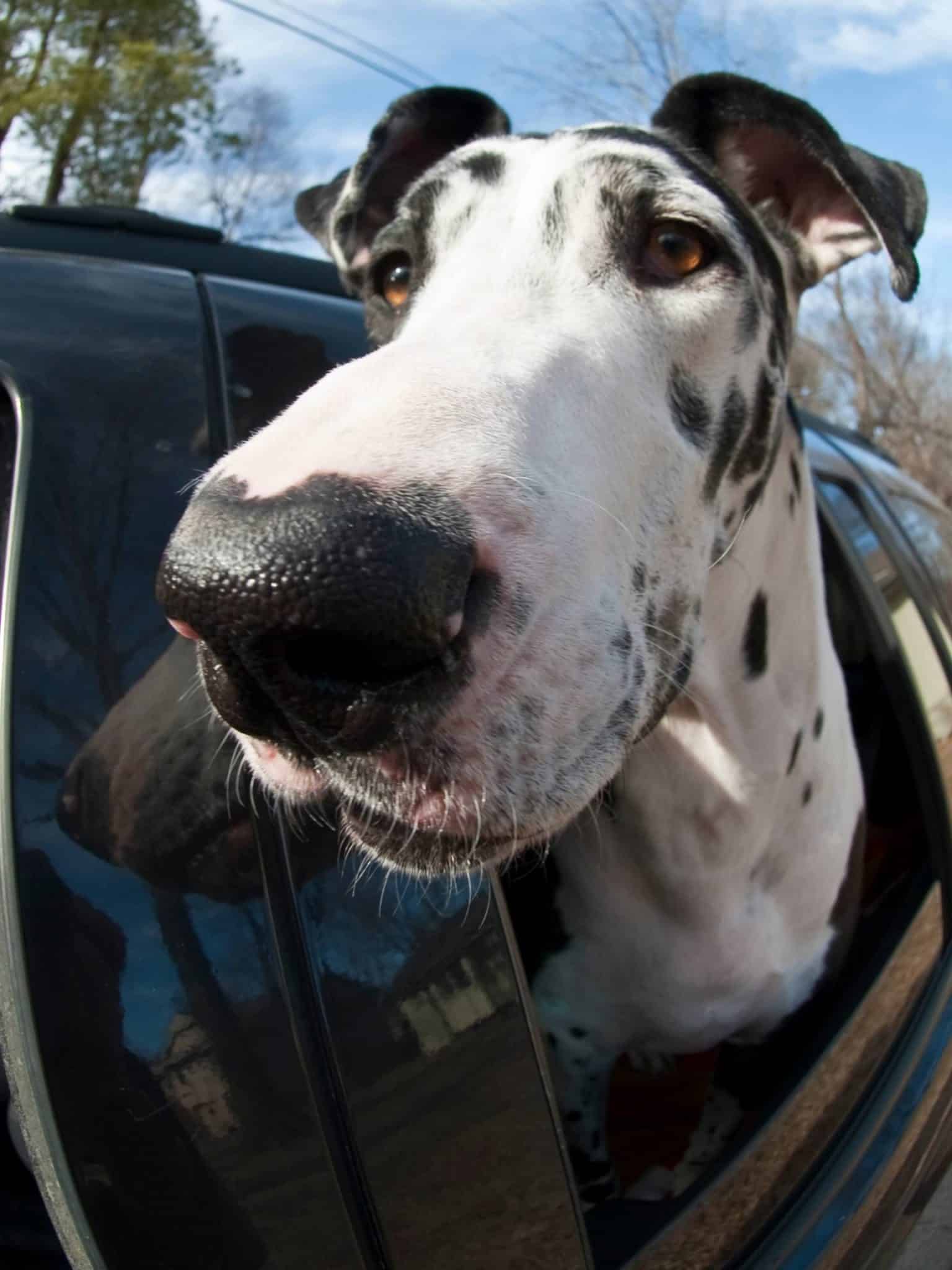

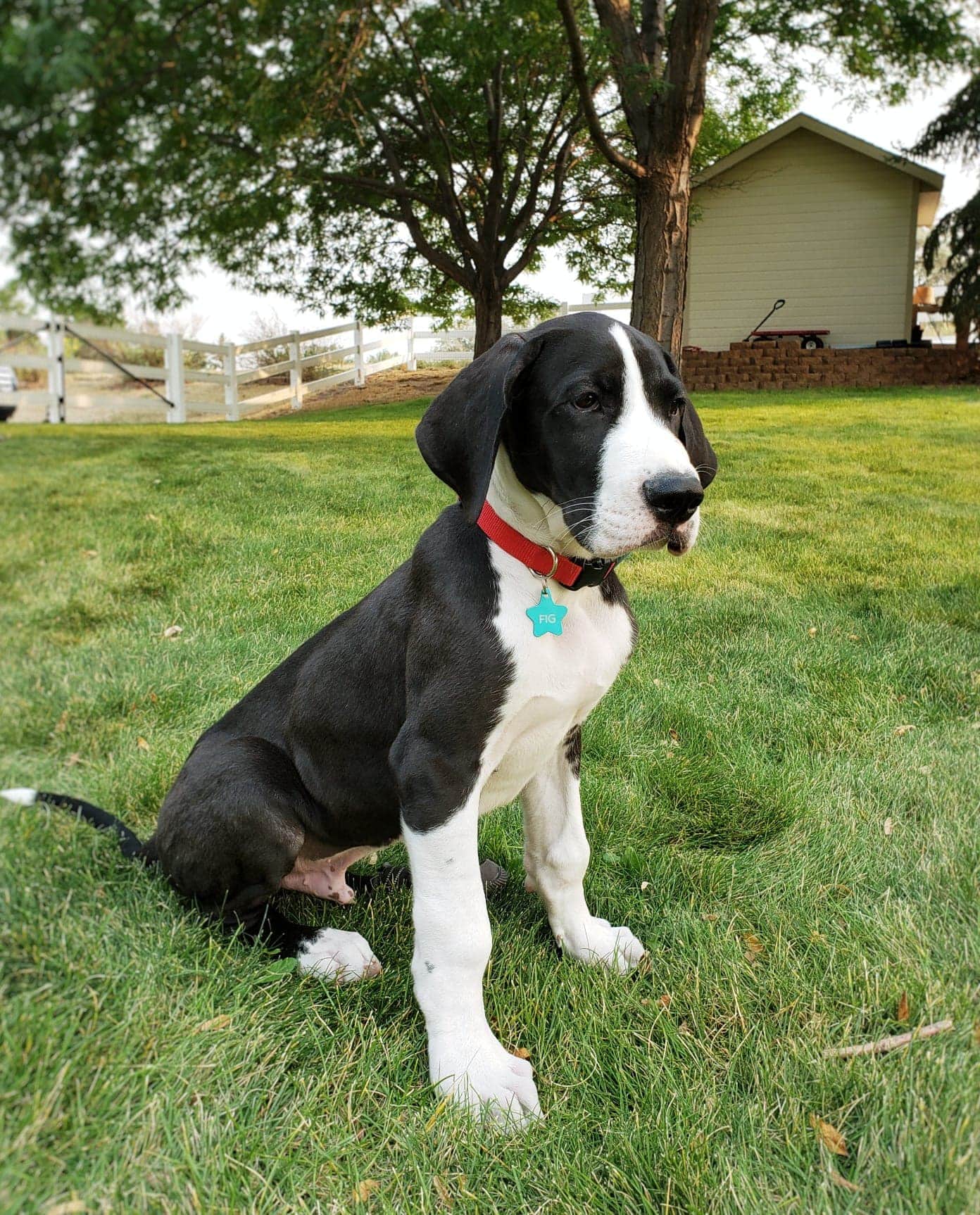
Puppy development is different for every dog. Typically, after about the age of 1 years old, fear periods have resided for the most part.
However, factors to consider are:
- Is the dog spayed/neutered?
- What was the dog’s early socialization like?
- Did the dog have any traumatic experiences?
- Is the dog health tested?
- What are the genetics of the dog?
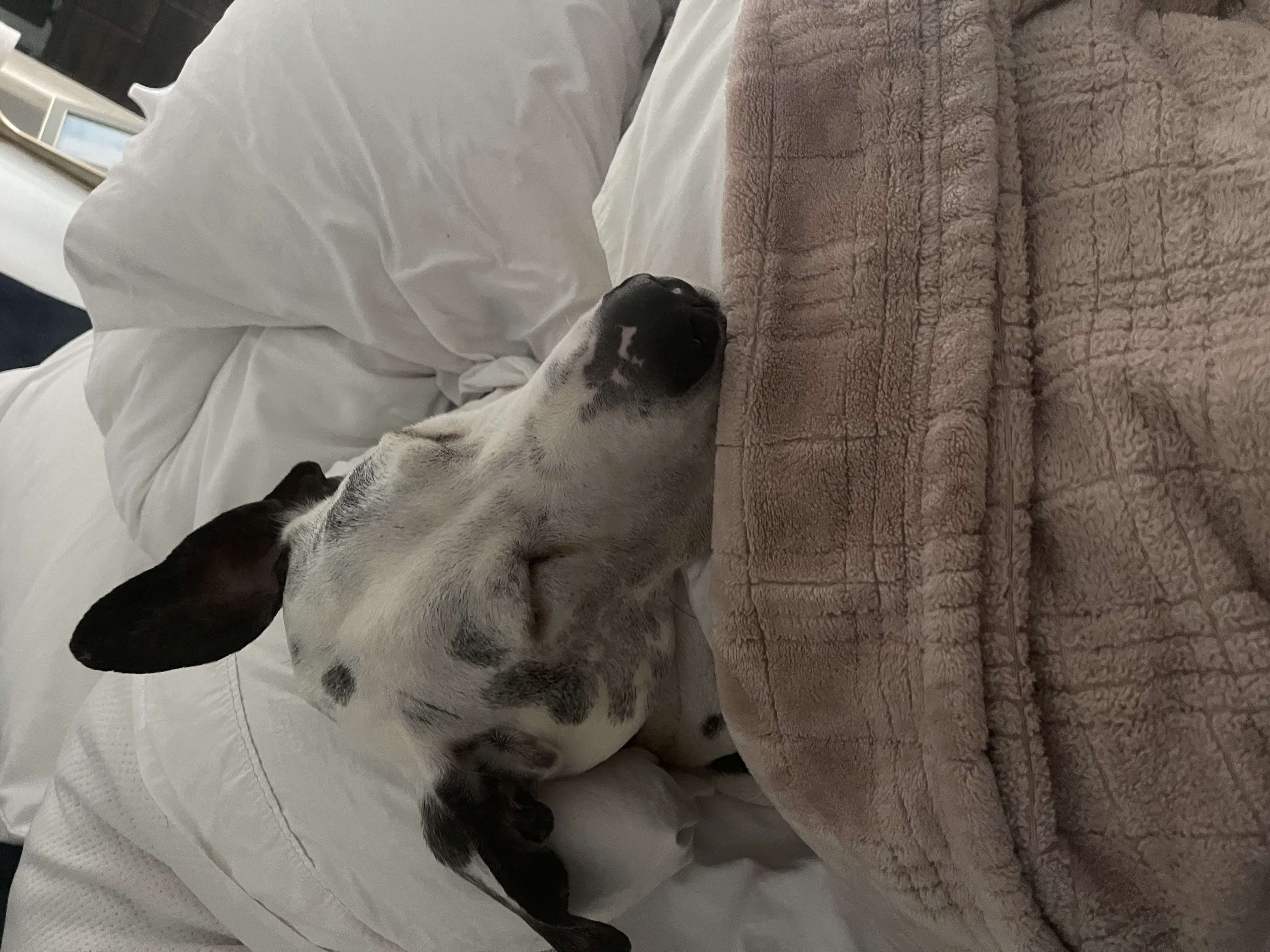
Can early spay or neuter hurt your dog? Check out our blog here.
These are all things that can play a role in whether or not your dog has a second fear stage.
How do I deal with my puppy’s fear phase?
A dog builds confidence every time they are able to feel successful in a situation. In a dog’s brain, when they are successful and have gone through a situation without being overwhelmed by fear, they are more likely to try again.
So, the best way to help your puppy through their fear phase is by socializing them in a slow and controlled manner. This means taking them to different places, exposing them to different people and animals, and letting them experience new things in a safe and positive environment. Using patience can help a dog overcome odd behaviors and help the dog build confidence.
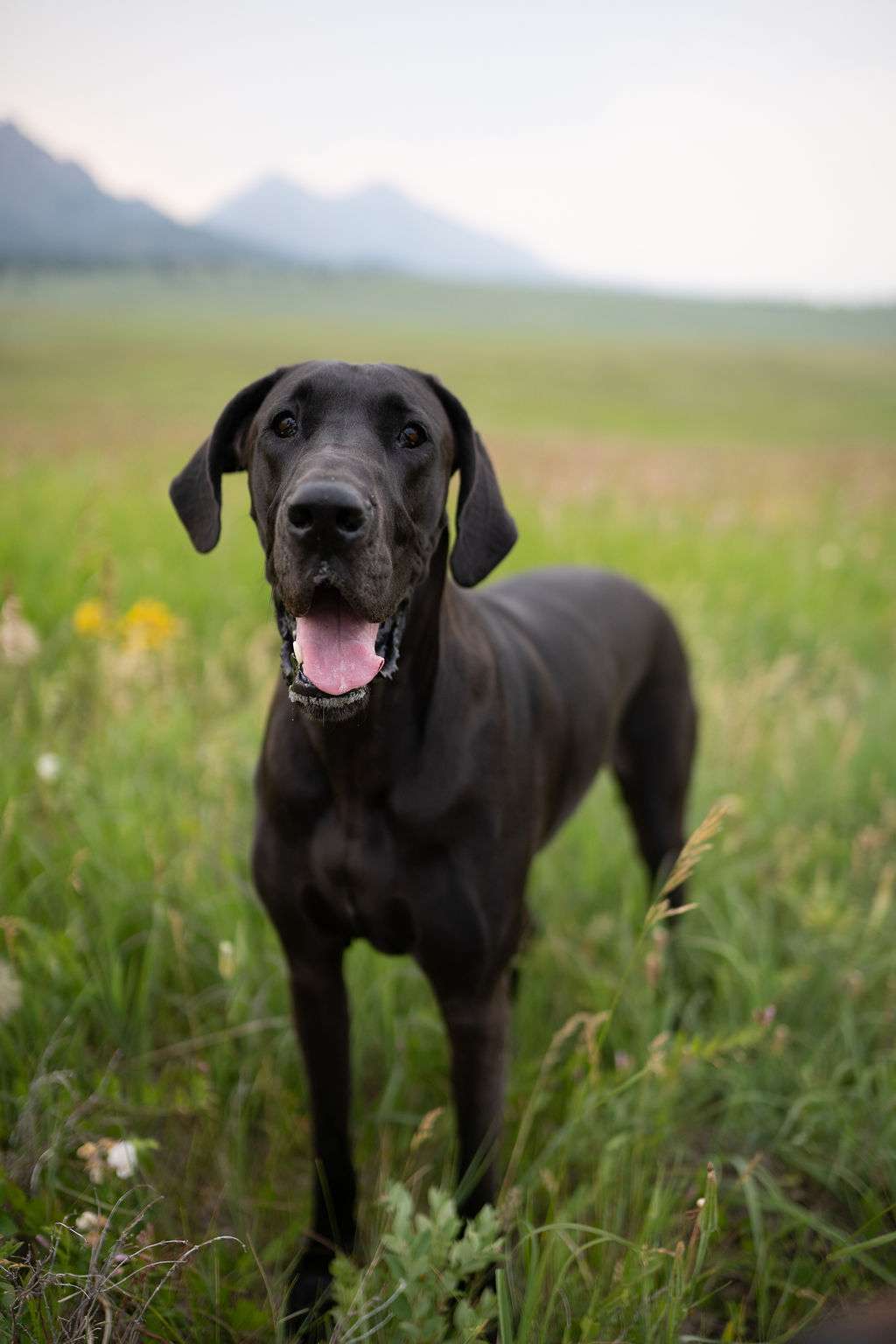
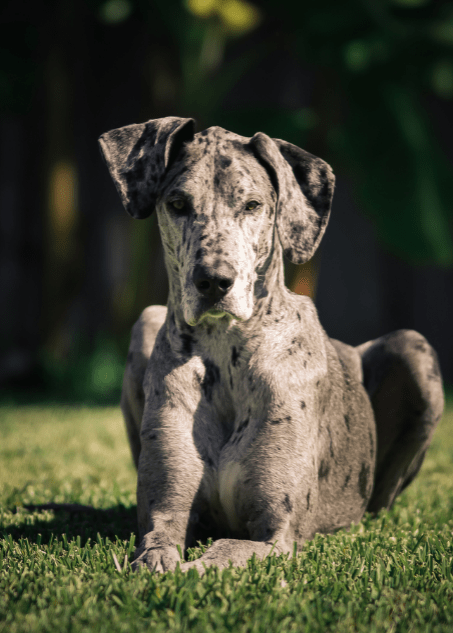
TAKING BABY STEPS WITH YOUR DOG
For example, taking a dog to the veterinarian can be quite intimidating. There are scary/new hands, cold examination tables, and potentially frightening procedures. However, if the owner breaks the visit down into baby steps (i.e., going in for a minute or two to get used to the office, then coming back another day to sit on the table, etc.), it will help the puppy feel more comfortable and less overwhelmed each time they come in for vet visits.
Do puppies grow out of being scared?
Some dogs will have major anxiety issues as adults. An adult dog with a severe anxiety issue can be a real problem.
Fear periods in dogs should not last forever. Fear periods are meant to be just that, a period of time where your puppy or dog is exploring something unknown and figuring out that this ‘unknown’ is actually not scary at all.
Your dog should not have to live in fear all his life. If you notice fearful body language for an extended period of time, consider hiring a certified dog trainer to help your dog overcome their anxiety.
When you bring your puppy home is the best time to begin preventing fear periods in dogs. It is never too young to begin socializing in a safe and appropriate way.
Can a puppy go through a fear stage as old as 18 months?
A pronounced fear period can take place as old as 18 months. Fear periods are often most common during puppyhood and adolescence, but they can happen at any age. If you think your dog is going through a fear period, the best thing to do is consult with a certified dog trainer or behaviorist.
They will be able to help you assess the situation and come up with a plan to help your dogs fear.
How can I help my puppy stop being afraid of everything?
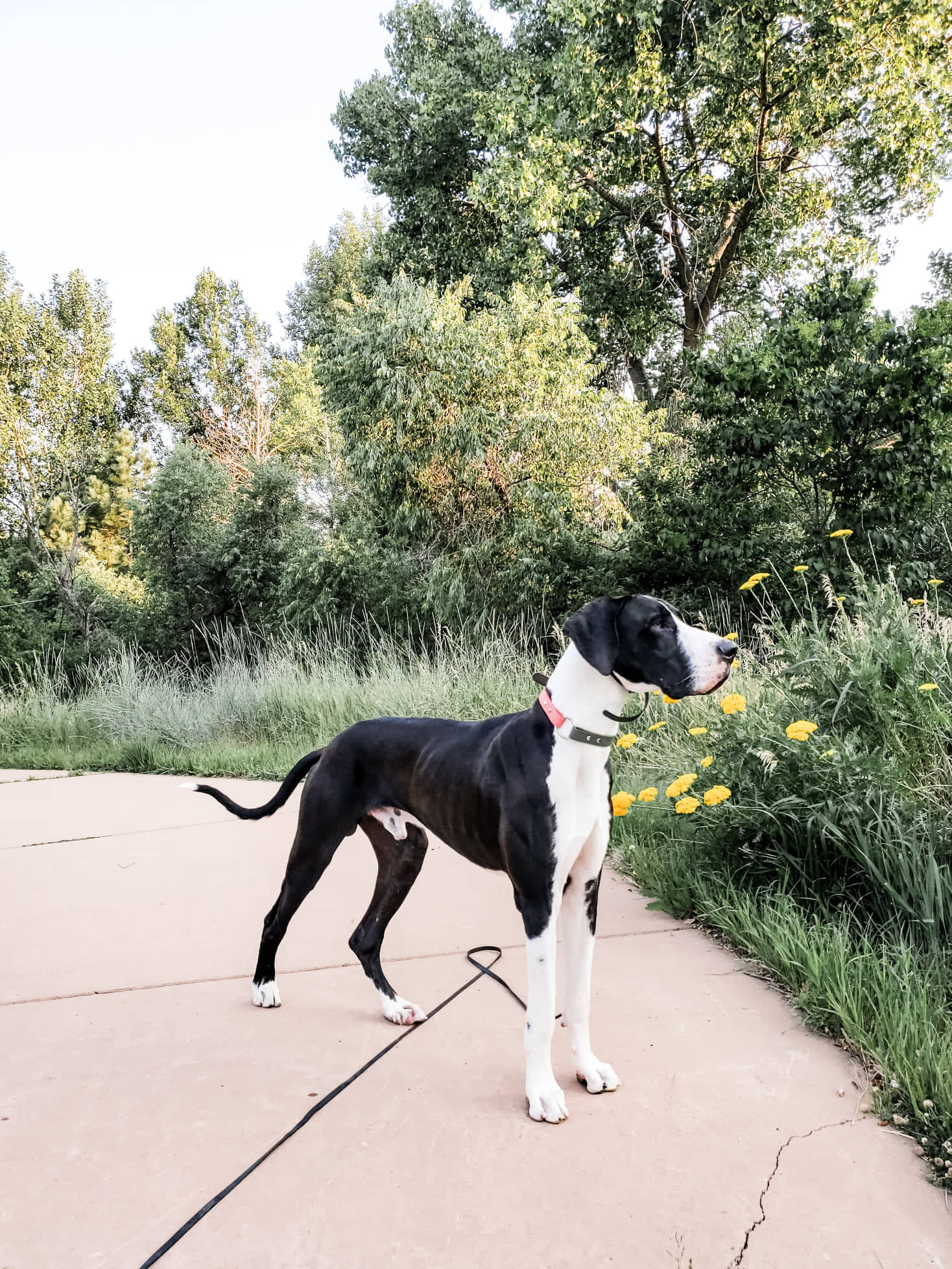
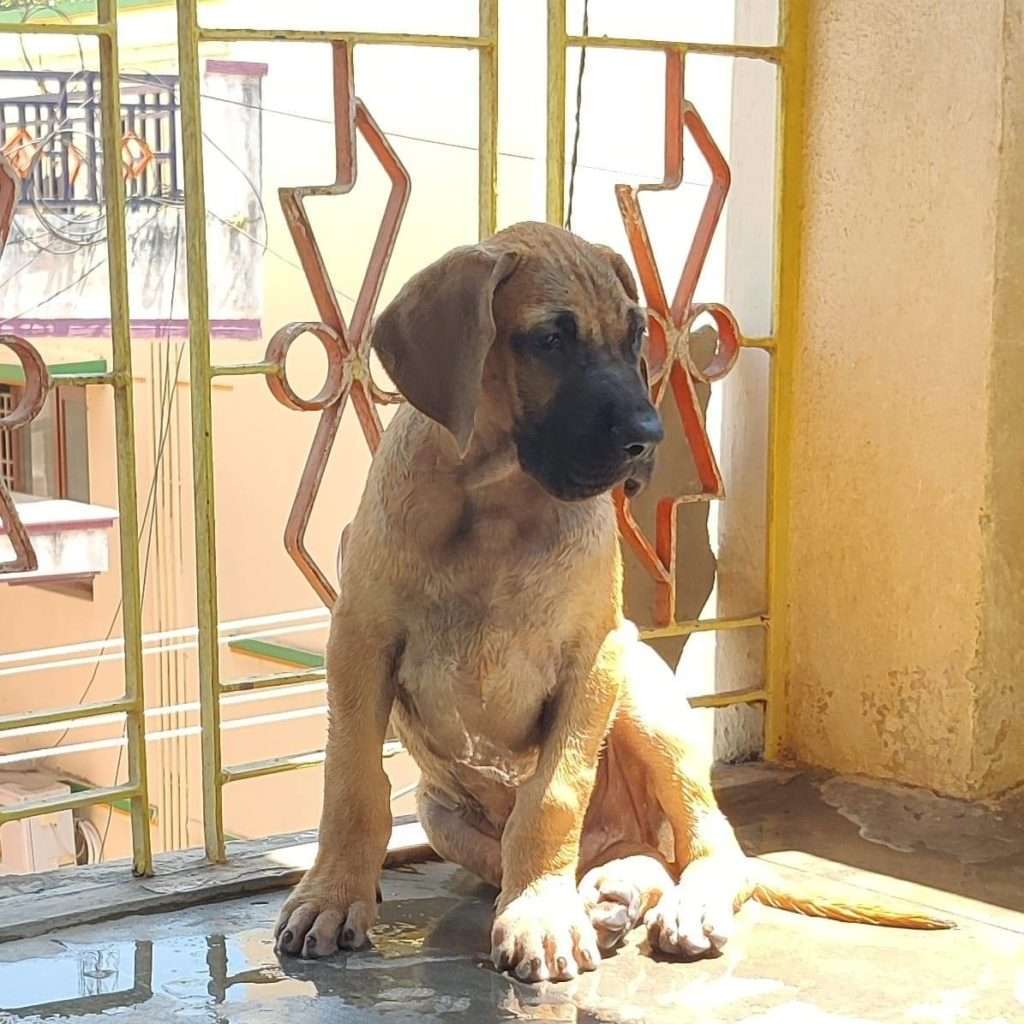
If you see fearful body language in your dog, the best thing you can do is to remain calm and avoid reacting in a way that might scare your dog even more. Dogs are very intuitive and can sense when their owners are feeling anxious or stressed. This will only amplify the fear your dog is feeling.
If you need to move your dog to a safer location, do so slowly and calmly. Avoid using forceful methods to try to get your dog to move, as this will only scare them more.
TIPS FOR HELPING YOUR DOGS OVERCOME THEIR FEARS
- Use positive reinforcement to help your dog feel good about themselves in situations that scare them. This could include treats, petting, or verbal praise.
- Create a safe space for your dog to retreat to if they are feeling overwhelmed. This could be a crate or a designated area in your home where they can go to relax and feel safe.
- Make sure you are not inadvertently reinforcing your dog’s fear by giving them attention when they are displaying fearful behavior. This could include trying to soothe them or picking them up.
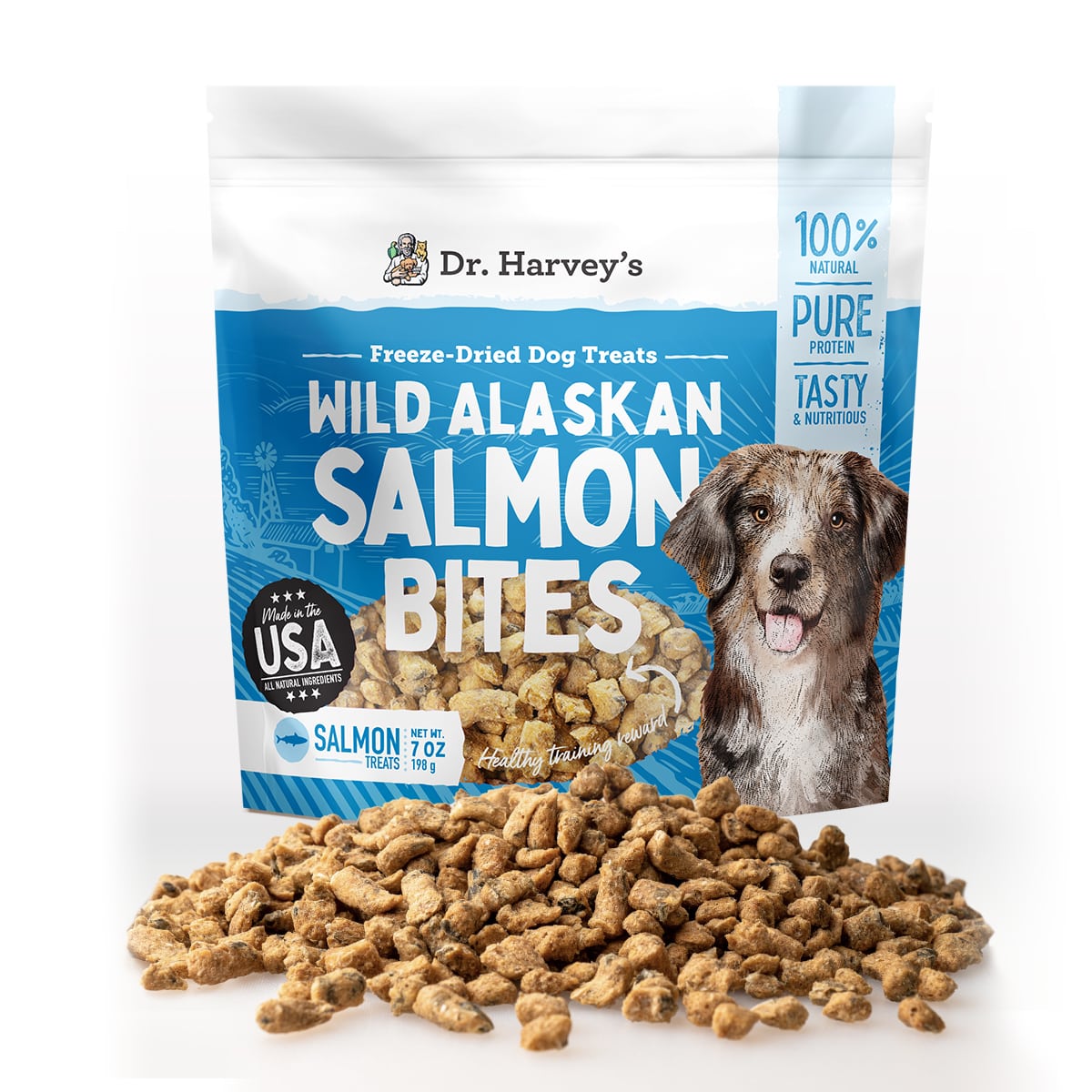


Fear periods in dogs are normal and usually nothing to worry about. The best thing you can do is to help your dog through these periods by socializing them in a slow and controlled way.
What tools can help my puppy when he is scared?
Some tools that can help your puppy when they are scared are:
- A secure and comfortable crate or den that they can retreat to when they feel overwhelmed.
- An interactive toy like a Kong or treat ball filled with their favorite treats to keep their mind occupied.
- A calming supplement like CBD oil to help reduce their anxiety.
- A bed that supports your puppy both physically and helps them feel safe.
- Patience and positive reinforcement from you, their owner!

Remember, every dog is different and will cope with their fear in different ways. It’s important to be patient and understand that your puppy is going through a tough time. With a little bit of help from you, they’ll get through it in no time!
Puppy fear periods are a normal, and often necessary, part of your puppy’s development. By understanding what they are, when to expect them, and how to help your puppy through them, you can make the experience as positive and stress-free as possible for both you and your furry friend!
If you have any questions or concerns about your puppy’s fear period, don’t hesitate to reach out to a certified dog trainer or behaviorist for help.
In the meantime, check out our blog for more tips on raising a happy and healthy puppy!
Wishing you all the best during this exciting time in your puppy’s life!

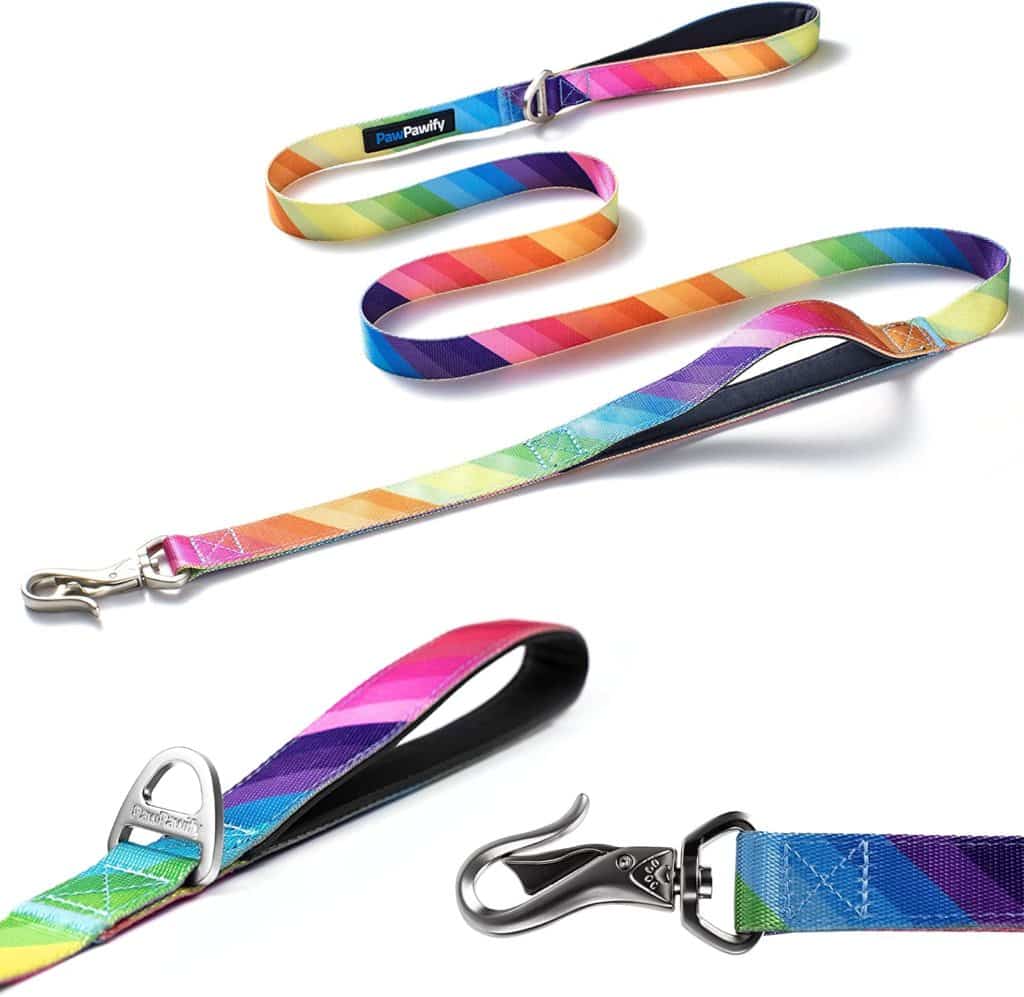
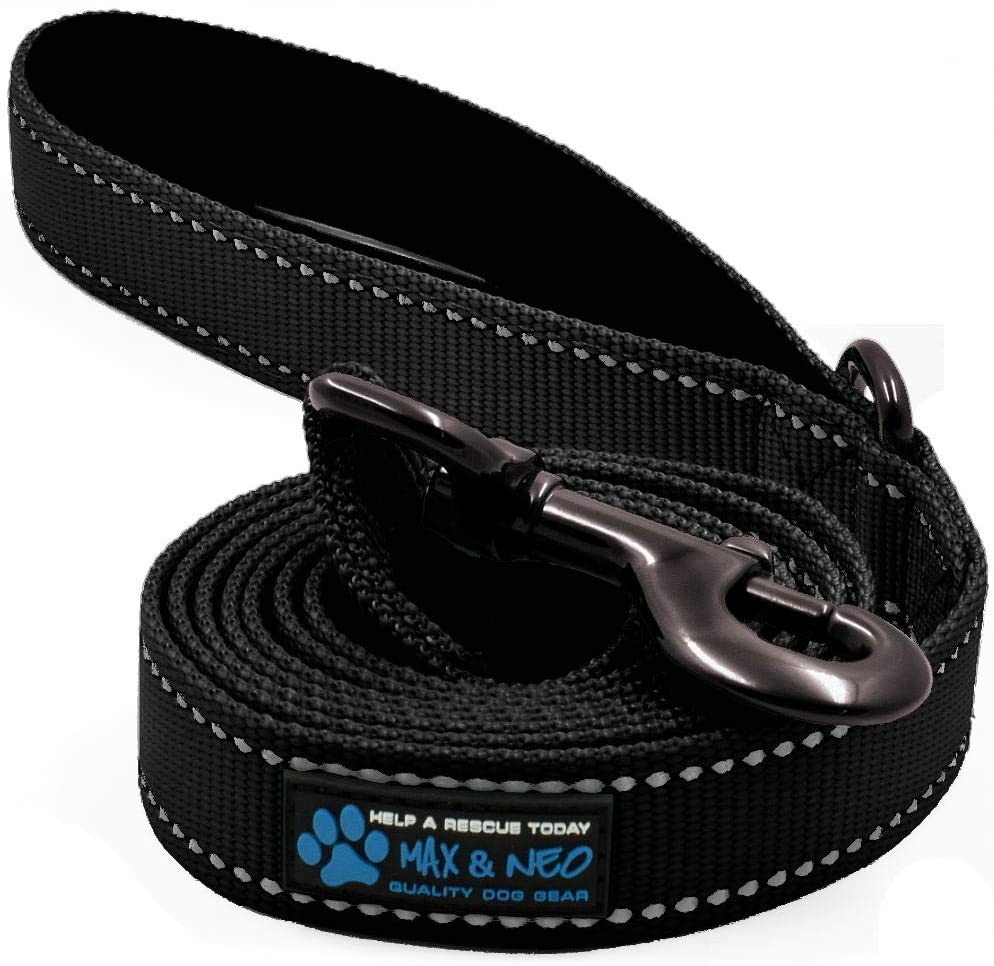
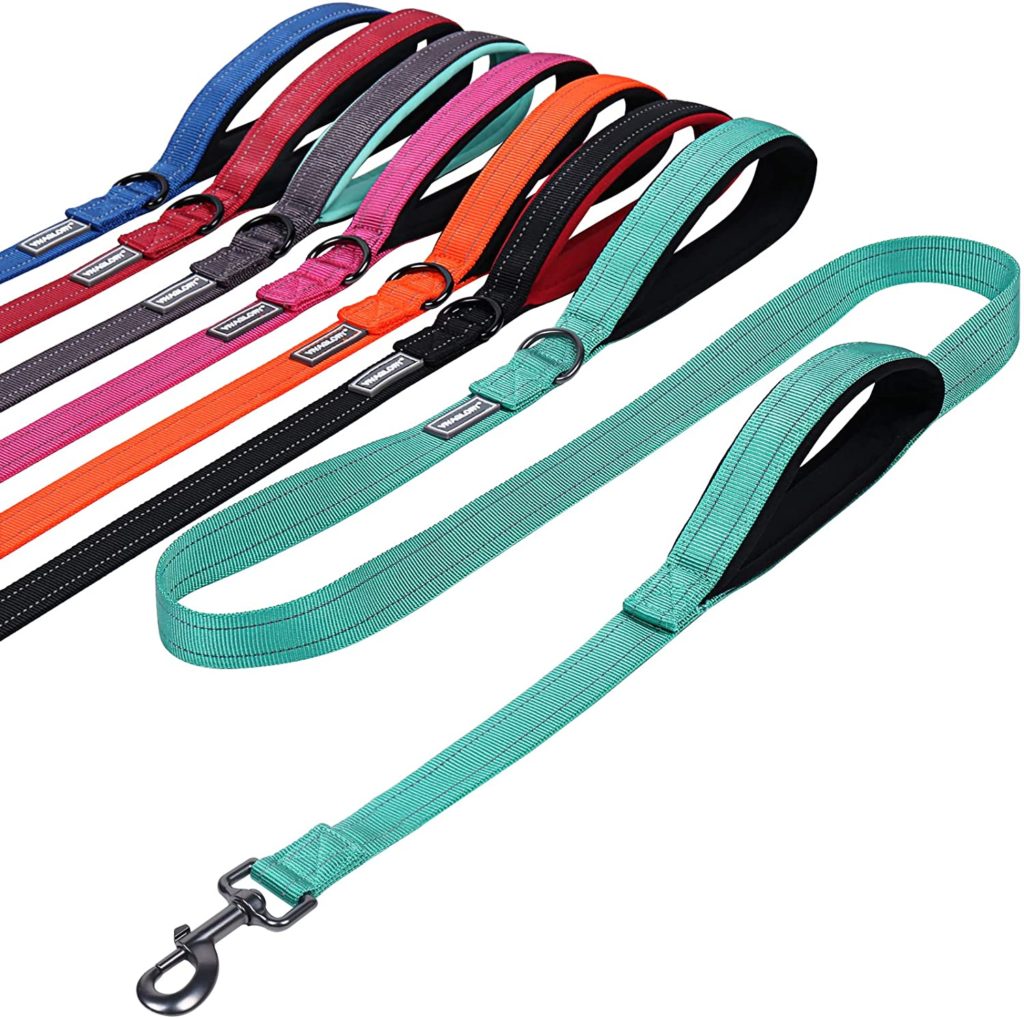
Leave a Reply